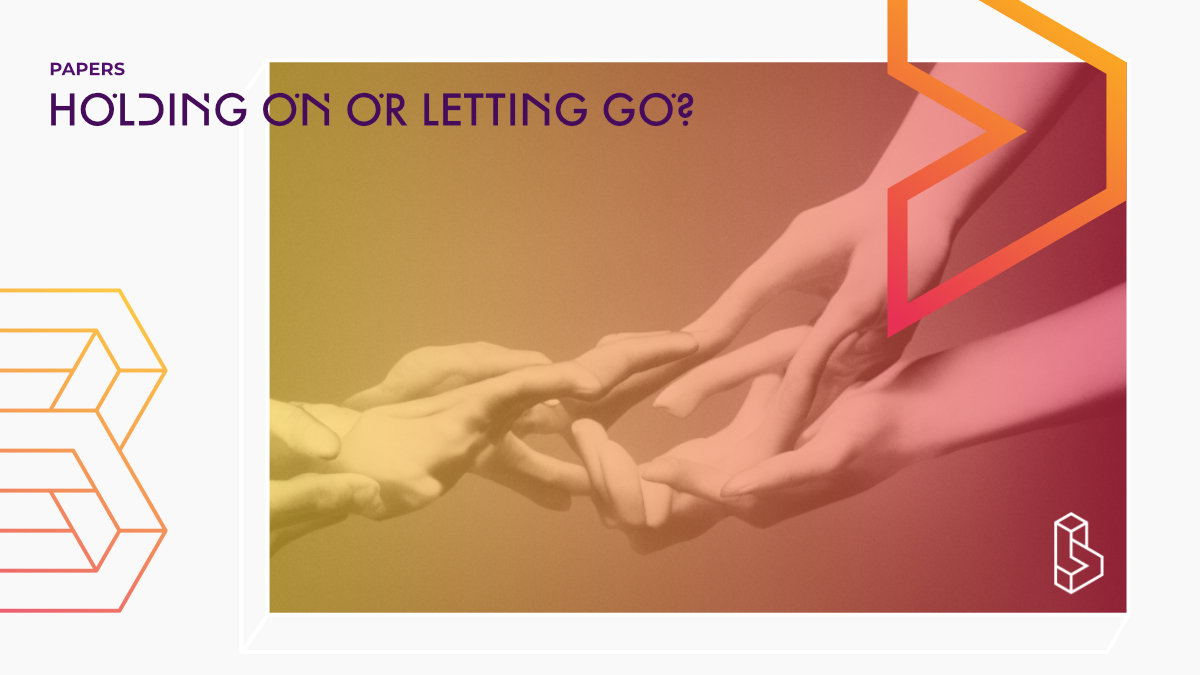This interview study (n=17) of those treated with esketamine (oral, 12x 35-70mg/70kg) finds that patients were often overwhelmed, lacked preparation, or couldn’t let go of control. The authors suggest that more support (prep, during, after) can help patients ‘let go’ and achieve better outcomes.
Abstract
Background: Ketamine and its enantiomer esketamine represent promising new treatments for treatment-resistant depression (TRD). Esketamine induces acute, transient psychoactive effects. How patients perceive esketamine treatment, and which conditions facilitate optimal outcomes, remains poorly understood. Understanding patient perspectives on these phenomena is important to identify unmet needs, which can be used to improve (es)ketamine treatments.
Aims: To explore the perspectives of TRD patients participating in “off-label” oral esketamine treatment.
Materials and methods: In-depth interviews were conducted with 17 patients (11 women) after a six-week, twice-weekly esketamine treatment program, and subsequently after six months of at-home use. Interviews explored participants’ perspectives, expectations, and experiences with esketamine treatment. Audio interviews were transcribed verbatim and analysed following an Interpretative Phenomenological Analysis (IPA) framework.
Results: Key themes included overwhelming experiences; inadequate preparation; letting go of control; mood states influencing session experiences; presence and emotional support, and supportive settings. Patients’ attempts to let go and give into vs. attempts to maintain control over occasionally overwhelming experiences was a central theme. Multiple factors influenced patients’ ability to give into the experience and appeared to impact their mood and anxiety about future sessions, including level of preparation and education, physical and emotional support, and setting during the session.
Conclusion: Better preparation beforehand, an optimized treatment setting, and emotional and psychological support during (es)ketamine sessions can help patients to “let go” and may lead to better quality of care and outcomes. Recommendations to improve quality of patient care in (es)ketamine treatment are provided, including suggestions for the training of nurses and other support staff.
Authors: Joost J. Breeksema, Alistair R. Niemeijer, Bouwe Kuin, Jolien K. E. Veraart, Jeanine Kamphuis, Nina Schimmel, Wim van den Brink, Eric Vermetten & Robert A. Schoevers
Summary of Holding on or letting go?
In the last 20 years, intravenous (IV) infusions of ketamine (racemic ketamine) or its left-turning enantiomer S-ketamine (esketamine) have shown rapid antidepressant effects in patients with major, often treatment-resistant depression. Ketamine acutely induces psychoactive effects, including dissociation, which may be difficult for patients with severe depression to manage. There are no clear guidelines for optimal patient care in (es)ketamine treatment, making it difficult for healthcare providers to know which elements contribute to effective treatment and constitute good quality care.
Several qualitative studies have investigated the experiences of patients undergoing IV ketamine treatment for alcohol use disorder, suicidal ideation, major depressive disorder, and TRD. Most qualitative studies didn’t capture in detail how patients experience treatment, nor which conditions facilitate optimal outcomes. The current study was designed to investigate this knowledge gap.
Study details
Compounds studied
Ketamine
Topics studied
Treatment-Resistant Depression
Depression
Study characteristics
Open-Label
Interviews
Qualitative
Participants
17
Humans
Authors
Authors associated with this publication with profiles on Blossom
Joost BreeksemaJoost J. Breeksema, PhD is a postdoctoral researcher at the UMCG, and executive director of the OPEN Foundation, its biannual ICPR conference and their comprehensive therapist training program ADEPT (launched in 2025). He is one of the central connectors in the (European) psychedelic space.
Eric Vermetten
Eric Vermetten is Professor of Medical-Biological and Psychiatric Aspects of Psychotrauma at the University of Leiden.
Compound Details
The psychedelics given at which dose and how many times
Ketamine 35 - 70mg | 12x

